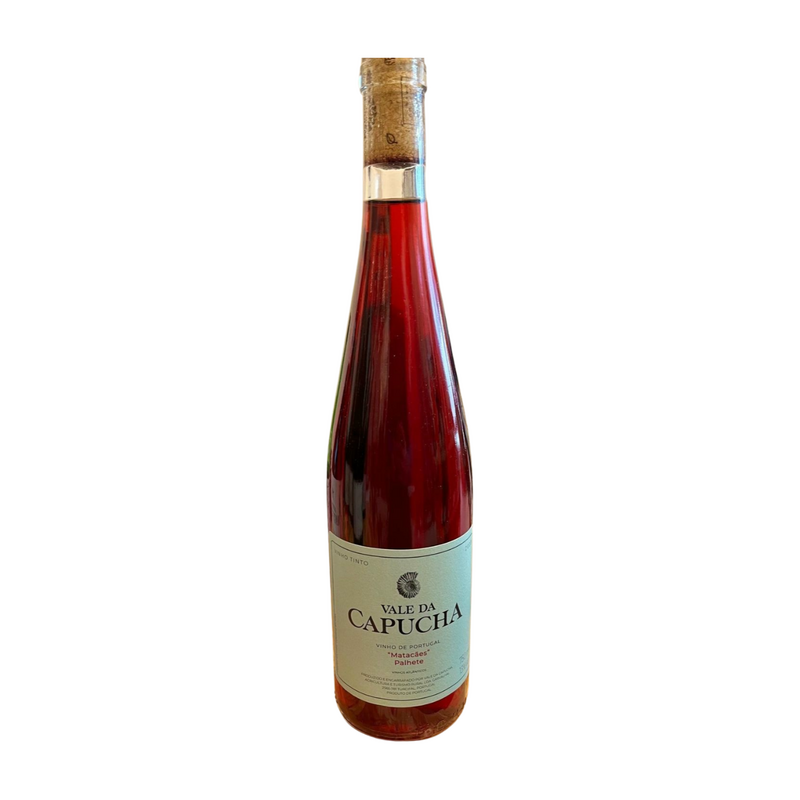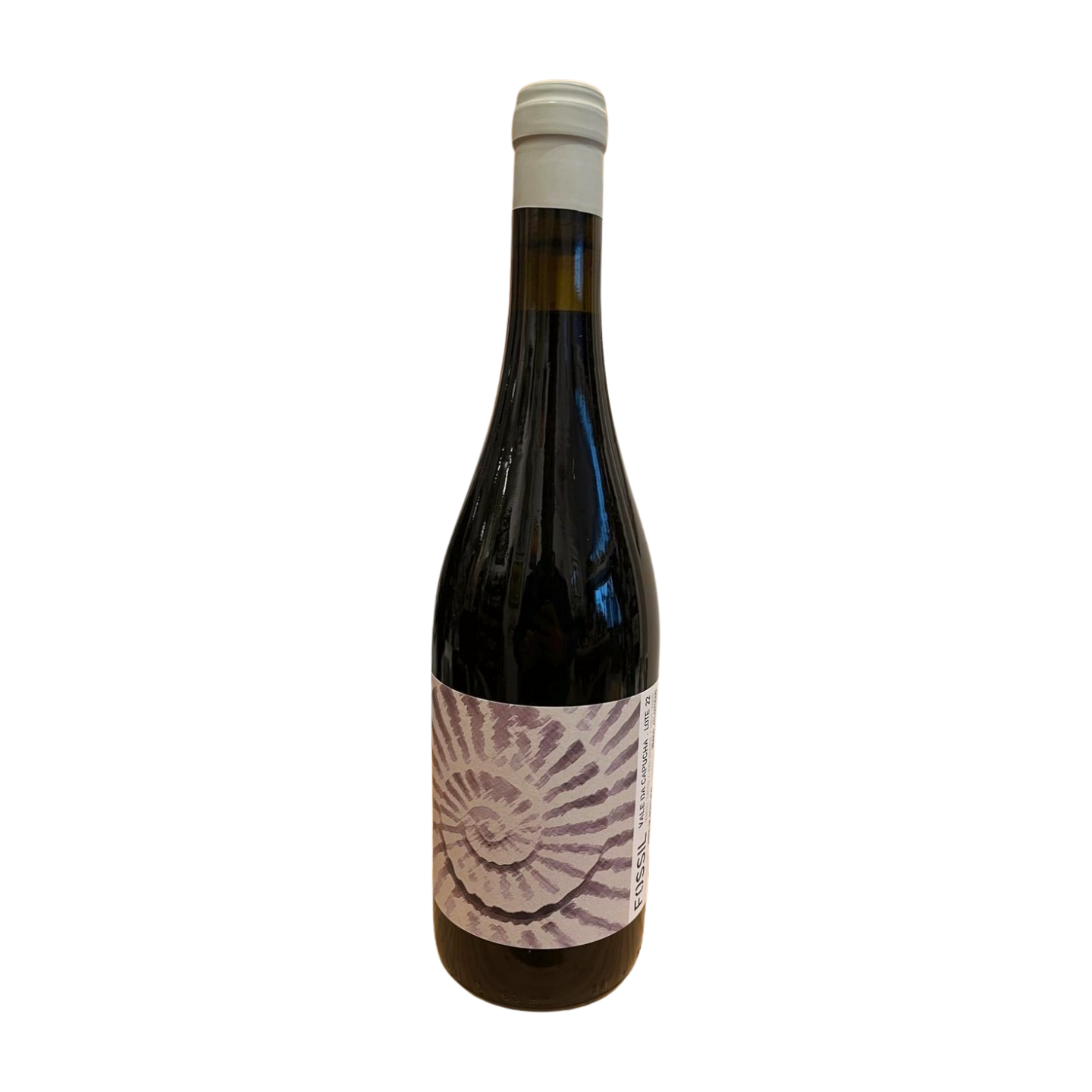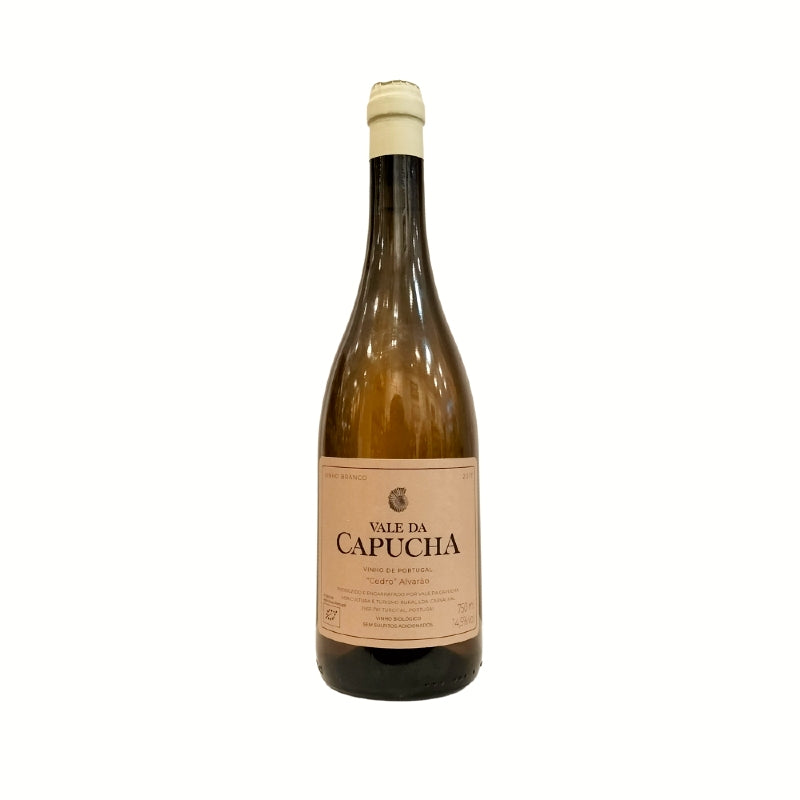Vale da Capucha
Vale da Capucha, a beacon of traditional yet progressive winemaking within the Lisbon region, is nestled in Quinta de S. José, Carvalhal, Torres Vedras. This family-owned estate, steeped in a rich tapestry of winemaking tradition, spans five generations, a testament to the enduring passion for viticulture that has defined the Marques family. The current steward of this legacy, Pedro Marques, a prominent figure in the Portuguese wine landscape, represents the fifth generation to dedicate his life to the art of wine.
Pedro Marques's stewardship, commencing in 2007, marked a pivotal moment in Vale da Capucha's history. His approach, informed by extensive travels across Portugal and other cooler-climate wine regions, brought a fresh perspective to the family's winemaking practices. Inspired by these experiences, Pedro embarked on a transformative journey, implementing significant changes that would reshape the estate's identity. Recognizing the importance of sustainable viticulture, he spearheaded the transition to organic farming practices, a move that reflected a deep respect for the environment and a commitment to producing wines of exceptional quality.
The estate's vineyards, strategically located approximately eight kilometers from the Atlantic Ocean, benefit from the region's unique maritime climate. The cooling influence of the Atlantic winds, combined with the clay-limestone soils, contributes to the distinctive characteristics of Vale da Capucha's wines, particularly the Arinto variety. This grape, celebrated for its austere, limestone, mineral, and citrus notes, thrives in these conditions, yielding wines of remarkable freshness and complexity.
Vale da Capucha's commitment to organic and sustainable practices extends beyond environmental stewardship; it is an integral part of their winemaking philosophy. By prioritizing natural methods, they enhance the authenticity and expression of their wines, allowing the terroir to shine through. Pedro Marques' dedication to these principles has not only elevated the quality of Vale da Capucha's wines but has also positioned the estate as a benchmark of success in the region. Maintaining a legacy that spans over two centuries, Vale da Capucha seamlessly blends traditional winemaking practices with modern sustainable techniques, ensuring that the essence of their terroir is preserved for generations to come.
Filters
Portuguese wine
Frequently asked questions
The entire country of Portugal is divided into 14 different wine regions, including in the Azores and Madeira islands. Some of Portugal's most famous winemaking regions include the Douro Valley (known for Port) and Vinho Verde (known for its light, refreshing white wines).
Portugal is becoming more well known for its orange wines, talha wines (traditionally made in clay pots), and palhete (made by blending red and white grapes together).
Portugal is best known for its fortified wine, called Port wine. It is produced in the Douro Valley, which is a UNESCO World Heritage Site and recognized as the world's first demarcated wine region, established in 1756.
Vinho Verde in northern Portugal is another popular winemaking region characterized by rolling hills and lush landscapes. It's known around the world for low-alcohol, refreshing white wines, although the region traditionally focused more on red wines made with the fruit-forward vinhão grape.
The Portuguese island of Madeira, with its subtropical climate, is renowned for its fortified wines. Winemaking here dates back to the 15th century, when Portuguese
explorers brought grape varieties from around the world.
Our sustainable, natural wine shop is located in the Marquês neighborhood in Porto, Portugal. We also ship to countries around the world, including within Europe, the United States, Canada, Australia, China, and more. Review our Shipping Policy to learn more.
In recent years, there has been a notable shift toward sustainable viticulture and the production of natural wine in Portugal. Many winemakers are implementing organic farming practices and embracing biodiversity to maintain soil health and reduce chemical inputs. This commitment to sustainability is not only beneficial for the environment but also enhances the quality of the wines, allowing the unique characteristics of the terroir to shine through. For example, some winemakers are now utilizing ancient terracotta amphorae for fermentation (called talha in Portuguese). This method preserves regional cultural heritage, enhances the wine's character, and aligns with sustainable practices by reducing reliance on modern materials.



